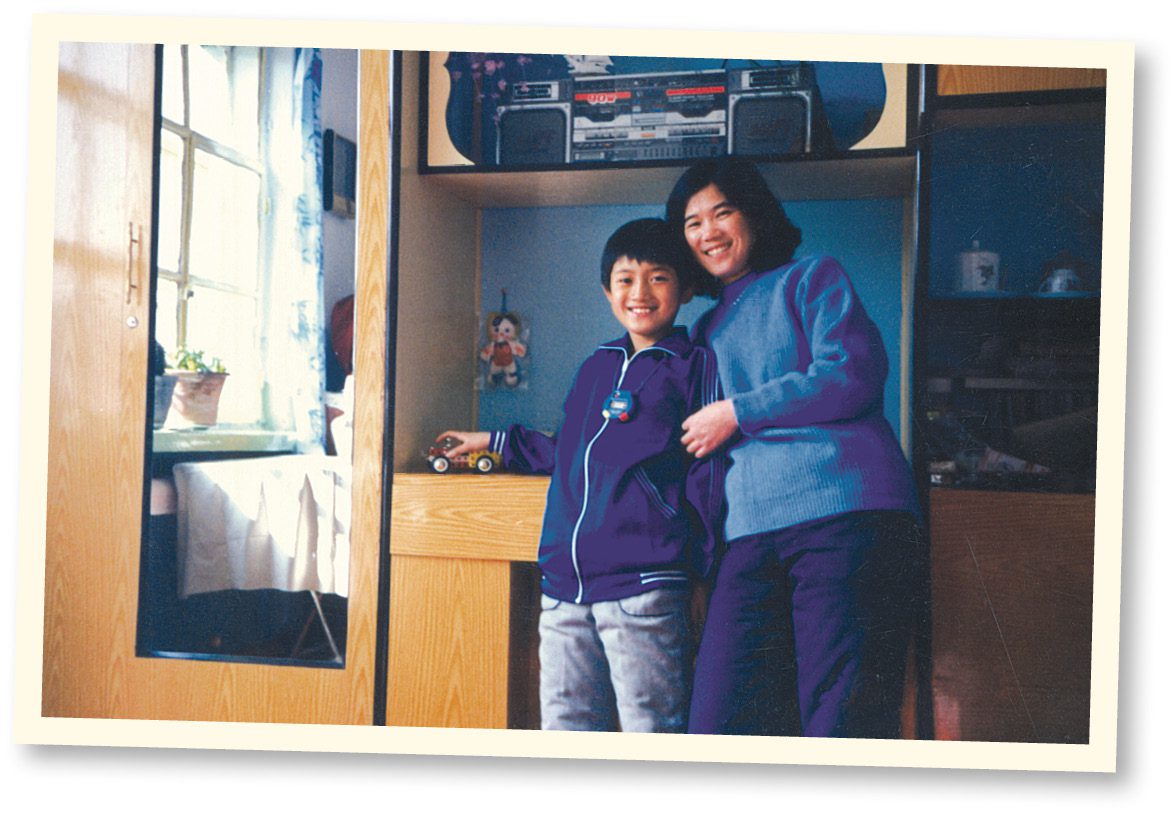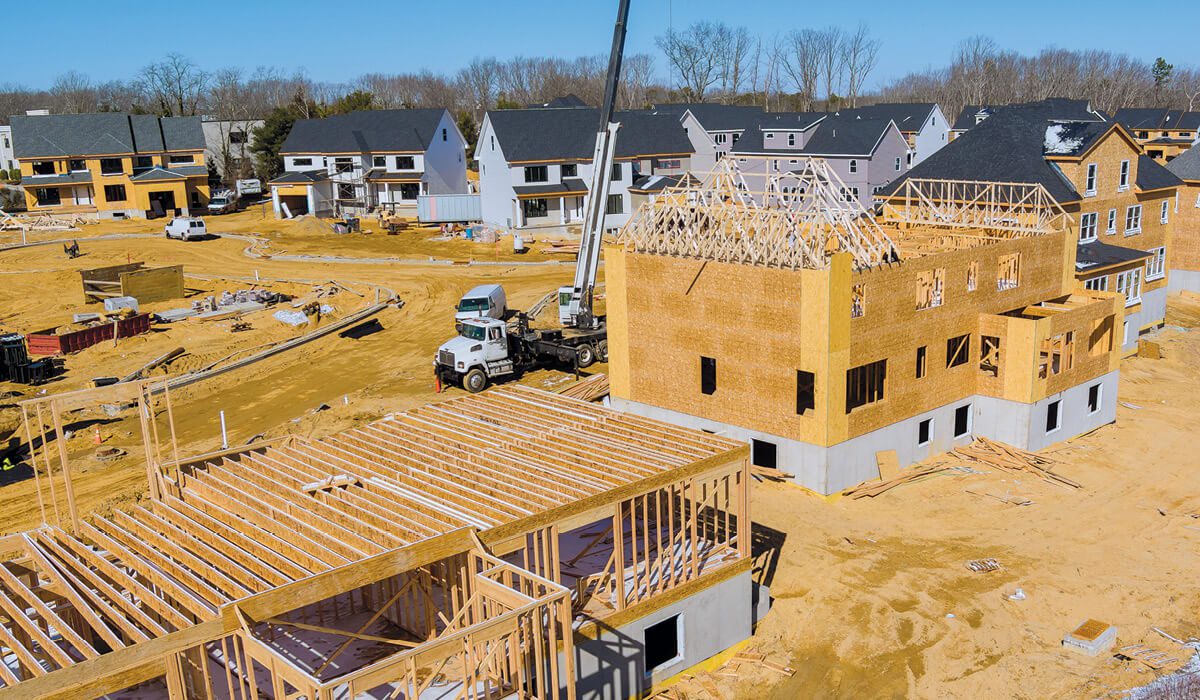How inflation boosts homeownership

Between high inflation, rising interest rates, and general economic uncertainty, it may not feel like the right time to plunge into the housing market. But if past patterns hold true, people who are living through this time may be more inclined to buy a house in the future.
New research co-authored by Professor Ulrike Malmendier and published in the Journal of Finance has shown that people who experience periods of high inflation in their lifetimes are significantly more likely to own a home. This even holds true when people from high-inflation countries immigrate to the U.S.
“People who have lived through a lot of inflation like to hedge themselves by putting money into a real asset,” says Malmendier, who coauthored the paper with Alex Steiny Wellsjo, BA 10 (economics, cognitive science), PhD 20 (economics), of UC San Diego’s Rady School of Management. “If this has been your experience and you’re choosing whether to rent or buy a home, you might opt to buy.”
Building on Malmendier’s prior work demonstrating the long-lasting effect of economic shocks on people’s attitudes and behaviors, the paper is the first to show that personal experience with inflation can drive homeownership both within and across different countries.
The researchers found that European countries with more historical inflation had higher rates of homeownership than those with more stable financial histories. Likewise, within a given country, people who had experienced greater inflation over their lifetimes were more likely to own a home than those who had experienced less.
Numerically, increasing a typical household’s experience with inflation of 2% to inflation of 5.4% increased their likelihood of homeownership from 65% to 75%.
The researchers also collected information on 1.4 million households that had immigrated to the U.S. from a range of high- and low-income countries. Controlling as much as possible for things like relative income and wealth, they again found that past experiences with inflation were tightly coupled with levels of home ownership. Experience with inflation even overshadowed housing market prices when predicting people’s decisions.

“When people come [to the U.S.] from a country with high inflation, it seems that experience really scars them,” Malmendier says. “Even when they’re in a completely different place with different monetary policies, they carry this worry that their money will lose value unless they put it into something like real estate.”
What drives these results is an open question, but Malmendier suspects it might be related to “availability bias,” the psychological phenomenon in which our brains jump to the knowledge or experiences that are most salient to the issue on hand. If people face the choice of locking the value of their money into a tangible asset, they may be swayed by calling to mind a memory of currency values fluctuating wildly.
“If I live through a financial crash, my brain has been reprogrammed, it has been scarred; different neural synapses have formed and been activated,” Malmendier says. “This person you’re talking about is now a different person. The policymaking realm does not put enough thought into this.”